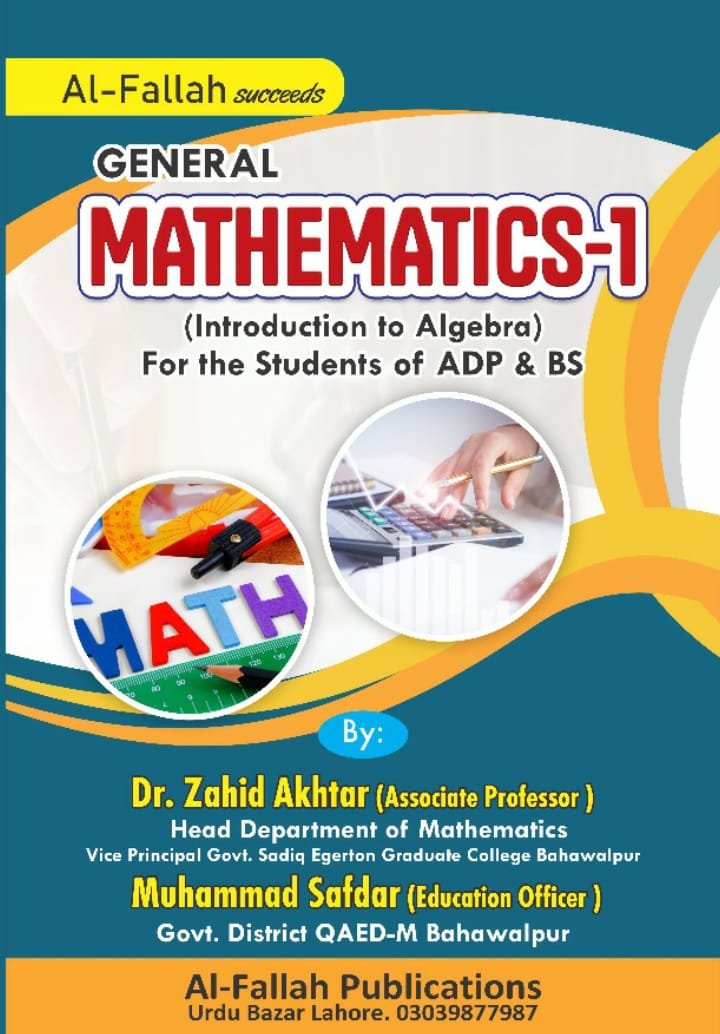
In many professions, continuing education is becoming increasingly crucial. More than 16 million people in the United States have a master’s degree, up 43% since 2002. Continuing education has numerous advantages, including job progression and increased marketability, increased earning capacity, and networking opportunities, to mention a few.
While the United States has some of the top institutions in the world, it is also one of the most expensive, deterring most prospective students or forcing them to take out loans. The average student loan debt for graduate school in the United States is $71,000. Furthermore, the United States’ educational system has the fewest scholarships accessible to students and the most severe eligibility conditions, compounding the problem.
For young professionals seeking more education, studying abroad may be the much-needed but little-known solution. Only 1% of potential students worldwide are aware of the options for full-time study abroad, which can save up to $200,000, according to StudyFree’s own research. Lower tuition expenses, higher educational quality, and enhanced marketability are just some of the advantages and benefits of international education for American students.
Read More: The Worth of Marketing Degree in 2022
Financial considerations
A graduate degree’s price varies based on the institution and program. A master’s degree in the United States costs between $30,000 and $80,000 a year on average. Living expenses, textbooks, healthcare, and other related costs add up quickly and should be considered; 38% of families believe financial considerations weigh as heavily as academic needs when choosing a college.
Many American students are unaware that they can study in English and earn a graduate degree for a fraction of the cost in another country. Students from non-EU countries, for example, must pay a bare minimum administrative cost of 300 euros per semester in Austria. This policy applies to all educational programs and levels. In Austria, the average monthly cost of living, including rent, is around 800 euros.
For all foreign graduate students, tuition at France’s state universities is 3,770 euros per year. A year of study at a business school might cost upwards of 8,000 euros. Foreign students can apply for a government scholarship, such as the Eiffel Scholarship, or supplementary grants from colleges like Science Po and IFA Paris. The value of the scholarship varies based on the school. Furthermore, by making a request to Caf.fr, every international student has the right to a partial monthly compensation of their rent costs.
Even in the Netherlands, where graduate programs for non-EU students can cost over 9,000 euros per year, foreigners can study in English and have their costs covered completely.
Quality of education
Some of the greatest universities in the world are located in the United States. Graduates of Harvard University, Massachusetts Institute of Technology, and Stanford University, among others, have a plethora of job options. But, in addition to these top-tier American universities, there are a slew of international universities that provide excellent education.
In fact, according to the QS World University Rankings, 73 out of 100 top universities are located outside of the United States, with 33 of them in Europe, including the Universities of Cambridge and Oxford in the United Kingdom, the Swiss Federal Institute of Technology in Switzerland, and the Technical University of Munich in Germany. For example, the latter is one of the world’s best research universities in the subject of business, and all students receive free tuition. A Student Union Fee (92-144 euros per semester) and a basic Semesterticket for the public transportation network are all that is required to be paid per semester (201.60 euros per semester).
Read More: How to Advance in Your Nursing Career
Marketability
An international master’s degree allows students to stand out in the job market, allowing them to pursue a variety of professional paths following graduation. Studying abroad, according to the Institute of International Education (IIE), can have a significant impact on the development of 21st-century workforce skills as well as the ability to find work. Studying abroad has also been connected to higher employability and starting earnings, according to the Institute for International Education of Students (IES Abroad). According to the University of California, students who study abroad are twice as likely to find work after graduation: 97 percent of students who studied abroad found work within a year after graduation, compared to only 49 percent of college grads.
This occurs whether students opt to return to their native nation or work in another country. A resume will stand out above other candidates because of the abilities developed via study abroad and exposure to a new market. In a world that is becoming increasingly globalized, learning a new language, for example, has both professional and personal benefits. Students will meet with people from many countries and backgrounds, forming lasting friendships and professional relationships in the process. People who study abroad improve their intercultural abilities and confidence by learning to communicate more effectively across cultural and linguistic boundaries. Other abilities that will come in helpful in any employment are adaptability and the capacity to thrive in a new setting.
The ideals and experiences of our youth will define our future. Traveling and studying abroad provide us the opportunity to sample a new way of life, extend our horizons, and collaborate with people from all backgrounds. Tolerance, curiosity, and multicultural collaboration are now crucial abilities in an increasingly interconnected world. Getting a graduate degree from a foreign university will help you develop these abilities and progress your career while also establishing a global workforce that can help you achieve peace. StudyFree recognizes the importance of higher education and works to democratize it by linking students to international educational options all across the world.











